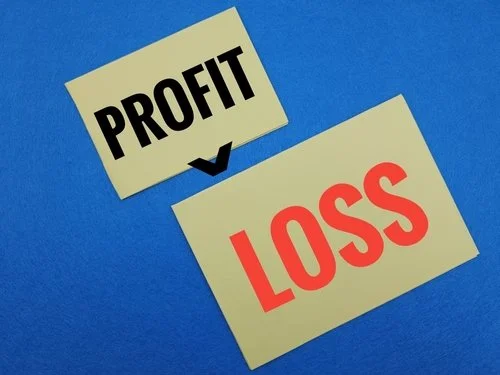New Law Will Require Companies to Publish Revenue and Profit Figures: What This Means for UK Business
UK COMPANIES WILL NO LONGER BE ABLE TO HIDE REVENUE OR PROFIT FIGURES UNDER NEW TRANSPARENCY LAWS
The Economic Crime and Corporate Transparency Act (ECCTA) 2023 introduces a fundamental change to how UK companies file their accounts. For the first time, even the smallest companies will be required to publicly disclose revenue and profit figures. These reforms aim to strengthen corporate accountability and reduce the abuse of corporate structures.
This development will impact directors, shareholders, lenders, and all stakeholders with exposure to UK corporate entities.
WHAT’S CHANGING — AND WHAT'S DELAYED
Once implemented, small and micro-entity companies will no longer be able to file abbreviated accounts. Instead, they will need to:
File full profit and loss accounts, including turnover and profit figures
Use commercial software to submit accounts — manual, paper, and web-based submissions will be phased out
Although the new rules were originally expected to apply from 2025–26, recent government policy suggests these specific reforms may be delayed or rolled back to reduce the regulatory burden on SMEs. However, they remain part of the legislative framework and could still take effect by 2027 unless formally repealed.
WHO IS AFFECTED — AND WHEN?
These changes apply to all limited companies registered in the UK, but the impact is most significant for smaller companies that previously enjoyed reduced filing obligations. Here's how the changes break down:
Micro-Entities
Defined as companies that meet at least two of the following:
Turnover: ≤ £632,000
Balance Sheet Total: ≤ £316,000
Employees: 10 or fewer
Previous Requirement: Could file minimal financial statements, often excluding full profit and loss
New Requirement: Must file full profit and loss account (P&L), making turnover and profit figures public
Small Companies
Defined as companies that meet at least two of the following:
Turnover: ≤ £10.2 million
Balance Sheet Total: ≤ £5.1 million
Employees: 50 or fewer
Previous Requirement: Could omit detailed profit and loss information
New Requirement: Must file full P&L and a directors’ report
When Does It Start?
The legislation is in place, but implementation may be delayed
A start date between 2026–2027 is likely unless policy changes
Companies should plan on the assumption that these rules will come into effect
WHAT THIS MEANS IN PRACTICE
Increased Transparency
Publishing turnover and profit makes financial performance visible to:
Competitors, who may use it for strategic positioning
Suppliers, who may renegotiate terms based on perceived margins
Customers or clients, who could use the data to drive down prices
Employees, who may demand higher compensation if profitability appears high
Higher Compliance Obligations
Directors must now sign formal declarations when claiming exemptions, increasing personal accountability
Companies must upgrade systems to use approved commercial accounting software
Non-compliance may lead to penalties, rejected filings, or formal scrutiny from Companies House and creditors
A PRACTICAL STEP TOWARDS REGULATORY COMPLIANCE
While these reporting changes may appear procedural, they signal a broader shift: increasing scrutiny on corporate governance, financial disclosure, and director accountability.
At VOSCAP, we work with company directors, accountants, and insolvency professionals to ensure businesses meet their statutory obligations while reducing risk to creditors. Whether you're reviewing internal systems or managing a complex restructuring, we provide clear, actionable guidance grounded in current legislation.
For confidential advice or technical support, contact VOSCAP today on 020 7769 6831 or email help@voscap.co.uk.
ABOUT VOSCAP
Voscap’s primary objective is to save your business. Our team of experts’ knowledge in restructuring and turnaround assignments is invaluable when assessing the best option available to your needs. With experience spanning several decades, we have the skill and resources to provide viable solutions within all industry sectors. All organisations go through difficult times and we are here to help. From small to multi-million turnover businesses, we have dealt with the most complex of cases. We offer an initial free assessment in analysing your financial position and providing clear and precise advice making your experience a simple non-complicated process.

